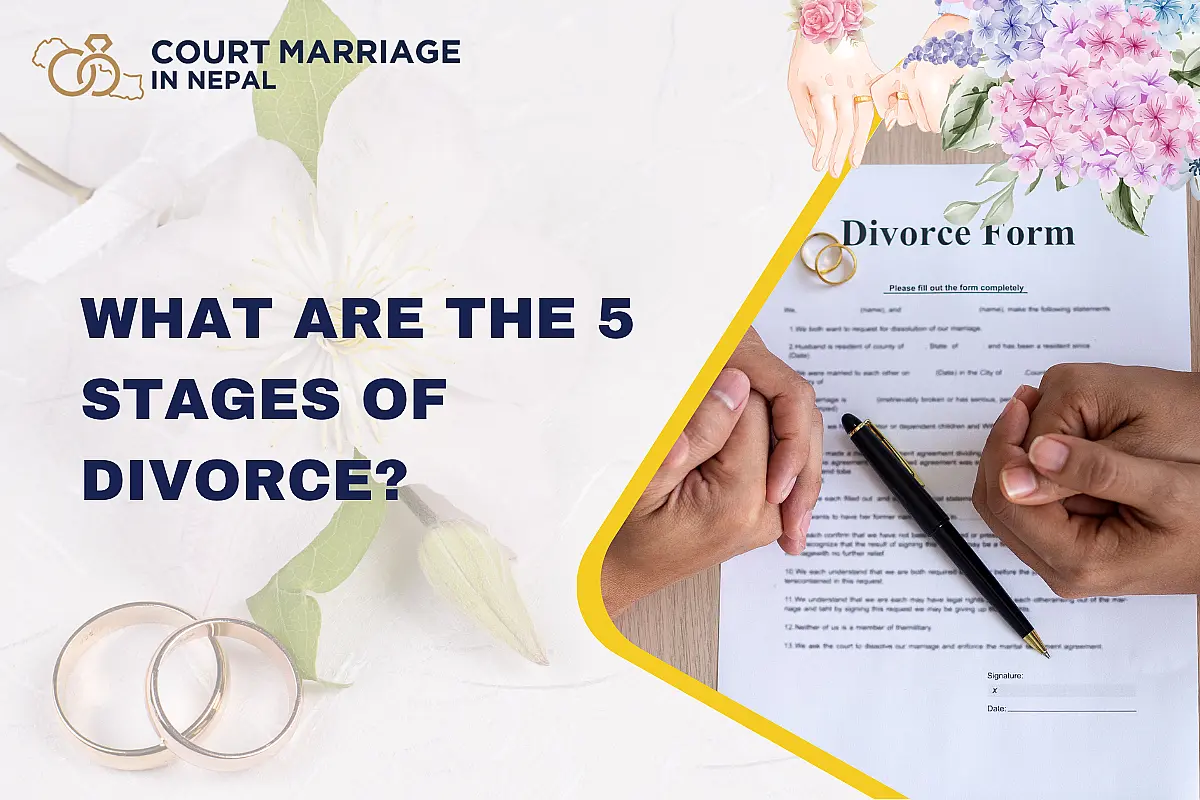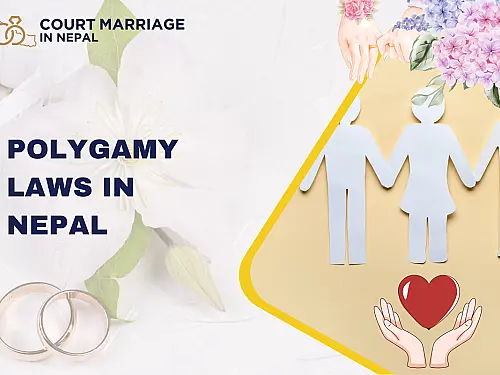What are the 5 stages of divorce?
Divorce is a complex and painful process that involves the dissolution of a marital relationship and the adjustment to a new life. Divorce can affect both partners, their children, their family, and their friends in different ways. Divorce can also trigger a range of emotions, such as shock, denial, anger, bargaining, depression, and acceptance.
These emotions are similar to the stages of grief that people go through when they lose a loved one. However, they are not linear or sequential; they can occur in any order, overlap, or repeat. They are also not universal; some people may experience some or all of them, while others may not. They are simply a general guide to help understand and cope with the emotional impact of divorce.
Here are the 5 stages of divorce and what they mean:
Stage 1: Shock and denial
This stage occurs when one or both partners first learn about the divorce or decide to end the marriage. They may feel numb, confused, disoriented, or disbelief. They may deny the reality of the situation or hope that it is a mistake or a bad dream. They may also avoid talking about it or dealing with it.
This stage is a natural defense mechanism that helps protect oneself from the overwhelming pain and stress of divorce. It can also help preserve some sense of normalcy and stability in one's life. However, staying in this stage for too long can prevent one from moving forward and healing.
Stage 2: Anger and resentment
This stage occurs when one or both partners start to feel the pain and loss of the divorce. They may feel angry, betrayed, hurt, rejected, or abandoned by their spouse or themselves. They may also feel angry at other people or situations that contributed to the divorce, such as infidelity, abuse, financial problems, or family issues.
This stage is a natural reaction to the perceived injustice and injury of divorce. It can also help release some of the pent-up emotions and energy that have been suppressed in the previous stage. However, expressing anger in unhealthy ways, such as violence, aggression, or revenge, can harm oneself and others. It can also prolong the conflict and bitterness between the partners.
Stage 3: Bargaining and guilt
This stage occurs when one or both partners start to feel regret and remorse about the divorce. They may try to negotiate with their spouse or themselves to save the marriage or change the outcome. They may also feel guilty for their actions or inactions that led to the divorce. They may blame themselves or their spouse for the failure of the marriage.
This stage is a natural attempt to regain some control and hope in a situation that feels hopeless and helpless. It can also help cope with some of the fear and uncertainty about the future. However, engaging in unrealistic or futile bargaining can prevent one from accepting the reality and finality of divorce. It can also delay the healing process and cause more pain and disappointment.
Stage 4: Depression and loneliness
This stage occurs when one or both partners start to feel the full impact and consequences of the divorce. They may feel sad, hopeless, worthless, or empty. They may also feel lonely, isolated, or abandoned by their spouse, their family, or their friends. They may lose interest in activities that they used to enjoy or find meaning in.
This stage is a natural response to the loss and grief of divorce. It can also help process some of the deep emotions and thoughts that have been buried in the previous stages. However, experiencing depression for too long or too severely can impair one's functioning and well-being. It can also increase the risk of developing mental health problems or substance abuse issues.
Stage 5: Acceptance and recovery
This stage occurs when one or both partners start to accept and adjust to the reality and finality of divorce. They may feel calm, peaceful, relieved, or hopeful. They may also feel ready to move on with their life and pursue new goals and opportunities. They may reconnect with themselves, their family, their friends, or their community.
This stage is a natural outcome of going through and overcoming the previous stages. It can also help restore some sense of balance and happiness in one's life. However, reaching this stage does not mean that one has completely healed from divorce or forgotten about their spouse. It simply means that one has learned to cope with divorce and grow from it.
At Court Marriage In Nepal, a registered law firm operating as Court Marriage In Nepal Pvt. Ltd., we specialize exclusively in Court Marriage Nepal. As the first law firm in Nepal dedicated to court marriage services, we assist both Nepali citizens and foreign nationals with the court marriage registration process in Nepal, including complete legal support for court marriage registration for foreign citizens in Nepal. As a trusted marriage firm in Nepal and a licensed law firm in Nepal, we ensure a smooth, lawful, and stress-free experience. Contact us today for confidential assistance with court marriage registration in Nepal.






